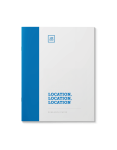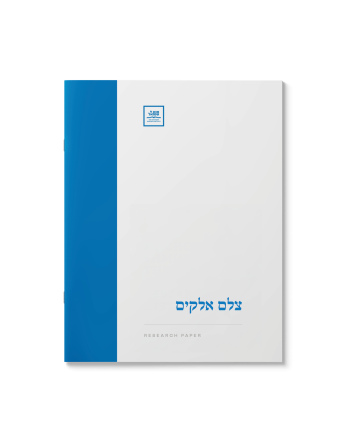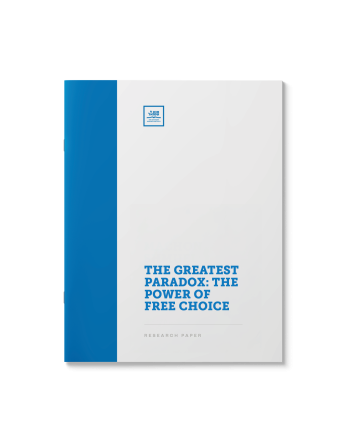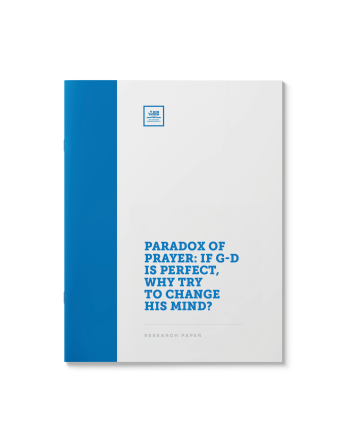Continuous Creation
$39.00
Are there any scientific parallels to the Chassidic doctrine of Continuous Creation? Did either theory inspire the other? A deeper look at one of Chassidus’ defining beliefs.
| Language | English |
|---|---|
| Paper Type | Research Paper |
| Pages | 8 |
Related Products
כי בצלם אלקים עשה את האדם. האומנם? והרי אינו שייך ציור גופני אצל הקב״ה ח״ו? להלן חקר ועיון תמציתי משלל הפירושים שנאמרו בזה על ידי מפרשי המקרא, הוגי מחשבת ישראל, ומאורי הקבלה והחסידות.
A thorough demystification of Gan Eden, lending clarity to an
oft-misunderstood feature of Jewish belief. This paper reaches into centuries
of literature to define what the purpose of Gan Eden is, what transpires there,
and what a person must do to gain entry to this exclusive realm.
If an omniscient G-d already knows what our future holds,
how is it possible to have free will? Known as the clash of yediah and
bechirah, this paradox has gripped scholars for millennia. This paper explores
the ongoing debate.
Hashgachah Pratis literally means, “Personal divine providence.” This refers to the ever-present eye of G-d that watches and directs our every step. Where did this concept originate from? Who coined the term? Once the world has been created by G-d, why is it necessary for Him to continue to “manage” my life? How is free choice to be reconciled with Divine Providence?
If we believe that G-d is the ultimate good who does only good, why would we pray for a change to our fate? This paper solves the paradox between perfect belief in G-d’s benevolence and the centrality of prayer in Jewish belief.
In recent decades, thousands of Jews have gravitated to the East in pursuit of spiritual enlightenment. More recently, several Eastern Practices have been secularized, popularized, and repackaged as physical and meditative exercises. Does this make them kosher? Which practices are problematic and should be avoided? And what was the Rebbe’s response to the popularization of Yoga and Transcendental Meditation back in the ’70s?
(67 pages)
Submitted by a Shliach in New York
One of the most painful events to strike the Jewish people in recent memory is the tragedy of the Holocaust, which decimated European Jewry in a show of appalling cruelty. Having narrowly escaped its horrors himself, the Rebbe was uniquely placed to offer comfort and guidance to those who survived with both faith and sensitivity.
Part I – Making Sense of the Senseless: The horrific suffering of the Holocaust, having seared into our collective conscience, has confronted many Jews with a crisis of faith. The Rebbe offers a unique approach, allowing us to affirm our faith in a kind and just G-d, while maintaining our empathy for the plight of the Holocaust victims.
This paper addresses a range of issues. How does one maintain faith in G-d’s justice in light of such unfathomable horrors? Is this paradox surmountable for all, including those who do not fully subscribe to all dimensions of Torah scholarship? Is it appropriate to rationalize the plight of the Holocaust victims? Does our moral outrage preclude us from taking to heart the lessons these events offer?
מעיקרי האמונה הוא החיוב להאמין שהקב”ה מושלל הוא מגשם וציור גופני. אך האומנם זאת היא הדיעה המוסכמת אצל גדולי ישראל לדורותיהם? והאם ביכולתו ית׳ הבלתי בעל גבול להתלבש גם בדמות גופני? על שלילת הגשמות והנמנעות אצלו ית׳ בספרות החקירה והחסידות.
Bitachon. It’s a powerful word; the absolute faith that G-d will always provide. From financial deals to health concerns, travel arrangements to hopes for the future – we trust that G-d only acts for the best. But how can we have Bitachon when we’re faced with a violent and dangerous world? When personal tragedy strikes, how can we continue to have faith? Where is the line drawn between Bitachon and folly? When one laughs in the face of nature, is he trusting in G-d or scorning G-d’s providence?
Men have forever clung to non-rational practices to ensure their safety and success. But the Torah requires faith in G-d and avoidance of divination and the like. Where is the line between prohibited and permissible divinations or superstitions? Does a Torah-true lifestyle include its own Omens, good signs and practices which are permitted and even encouraged? What is the background of many of our more well-known Segulos?
Related: It’s Written in the Stars: The Jewish Approach to Astrology, Zodiac and the Horoscopes
and Bones and Broomsticks: Sorcery in the Torah
The belief that the world is created and sustained by G-d at every moment is commonplace. Recently some have challenged the assumption that this is the classical understanding of mainstream Jewry. Is he correct?
“Why do the wicked prosper?” (Jeremiah12:1) This question has troubled the faithful from the times of Job and Jeremiah until today. Ought our faith in an unknowable G-d be weakened when witnessing the prosperity of the wicked? A smorgasbord of classic approaches.
(Hebrew)















